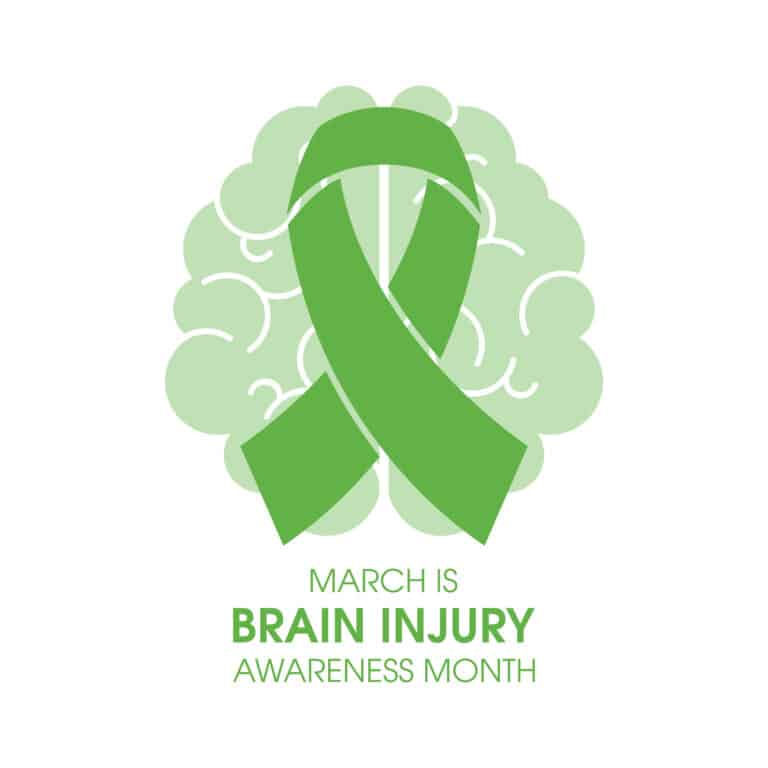Gwyneth Paltrow Ski Trial
The Gwyneth Paltrow ski trial captured the media’s attention earlier this year as a light-hearted respite from an otherwise somber news cycle. Amidst the drama and spectacle, one aspect of the trial stood out – questioning Terry Sanderson’s claim that a concussion from the ski collision significantly changed his life.
The trial centered around Sanderson’s pursuit of damages from Paltrow was high-profile and undeniably “Diamond Life.” However, Paltrow’s lawyer, Stephen Owens, challenged Sanderson’s portrayal of himself as a “crippled vet” due to his concussion. Owens presented a series of Facebook posts as evidence that Sanderson was still enjoying a healthy, active life after the collision.
This line of questioning raises important questions about the nature of invisible illnesses and assumptions about how people with these conditions should behave. Invisible illnesses like Crohn’s, fibromyalgia, and long-term Covid are increasingly common in America. These conditions are not immediately apparent and can often be managed through medical intervention. It allows those affected to lead active lives.
As defined by the CDC “A concussion is a type of traumatic brain injury – or TBI – caused by a bump, blow, or jolt to the head or by a hit to the body that causes the head and brain to move rapidly back and forth,” thus impacting brain function. Not always resulting in loss of consciousness, concussions can affect people of all ages and present various symptoms such as headaches, concentration issues, memory loss, and balance problems. Symptoms may not be immediate and can have a delayed onset.
Concussions affect people in various ways, with symptoms ranging from mild to severe. Common effects include:
- Physical symptoms: Headaches, dizziness, nausea, vomiting, fatigue, sensitivity to light and noise, and balance problems.
- Cognitive symptoms: Difficulty concentrating, memory issues, confusion, slowed thinking, and trouble with problem-solving.
- Emotional symptoms: Irritability, mood swings, anxiety, depression, and changes in personality.
- Sleep disturbances: Insomnia, excessive sleeping, or trouble falling or staying asleep.
The duration and severity of these symptoms can vary from person to person. Some individuals recover quickly, while others experience lingering effects, known as post-concussion syndrome.
Sanderson’s case highlights the need for a deeper understanding of how people with brain injuries and invisible illnesses navigate their daily lives. The reality is individuals can still experience significant challenges due to their conditions. This can happen even if they manage to maintain a semblance of normalcy in their lives.
While entertaining for many, the Gwyneth Paltrow ski trial serves as a reminder to be more empathetic. It’s a reminder to be informed about the realities of living with a brain injury.
Have you or a loved one suffered a traumatic brain injury? Please contact us to help you with your case.







